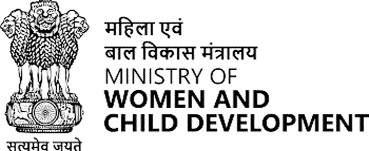Country to overhaul early childhood education with new 5+3+3+4 structure
| Date :06-Apr-2025 |

Staff Reporter
The Union Government is set to implement significant reforms in early childhood care and education (ECCE) as part of the National Education Policy (NEP) 2020. The current 10+2 school education structure will be replaced with a new pedagogical and curricular restructuring of 5+3+3+4, covering ages 3-18.
The policy change aims to include children aged 3-6 in the formal education structure, as the previous system did not cover this age group since Grade 1 began at age 6. The new 5+3+3+4 structure will incorporate a strong base of ECCE from age 3, focusing on promoting overall learning development and social-emotional well-being. The initial 5 years of this structure will be termed the ‘Foundation Stage,’ comprising three years of pre-school education (3 to 6 years) and two years of early primary education in Grades 1 and 2 (6 to 8 years).
The NEP 2020 emphasises that ECCE will be carried out jointly by the Ministries of Education, Women and Child Development (WCD), Health and Family Welfare (HFW), and Tribal Affairs. This collaboration aims to provide continuous guidance for the smooth integration of ECCE into school education.
Both the Education Ministry and the WCD Ministry are committed to the development of social and human capital by incorporating ‘play-based’ ECCE. This will be facilitated through the extensive network of Anganwadis, including standalone ones and those co-located with schools, as well as Balvatikas in schools. Detailed guidelines for this co-location are currently under consideration by the Department of School Education and Literacy and the Ministry of Women and Child Development. In the interim, States and Union Territories are encouraged to develop plans to enhance ECCE by adopting a Whole-of-Government approach, ensuring better integration across education, health, and nutrition. Enhanced field-level co-ordination between the Department of School Education and Women & Child Development is deemed necessary to address operational challenges in the co-location of Anganwadis with schools.







